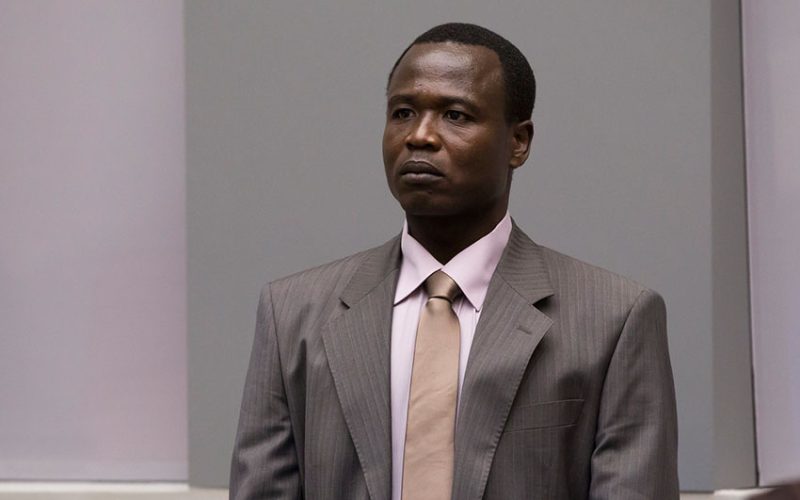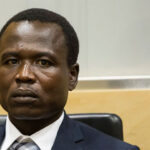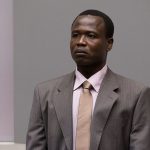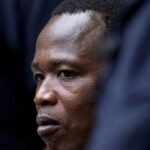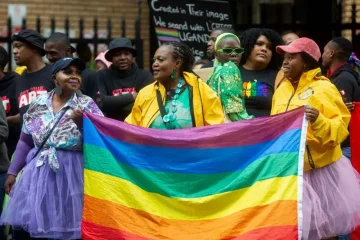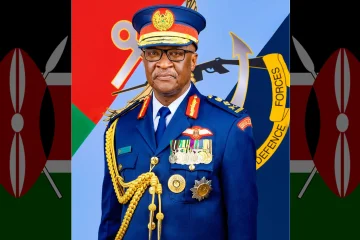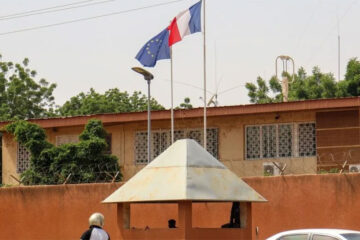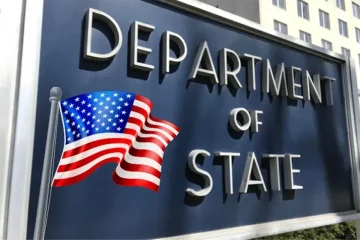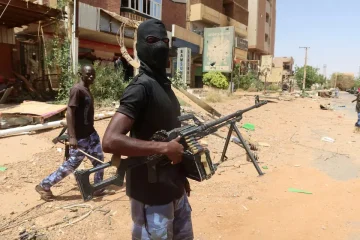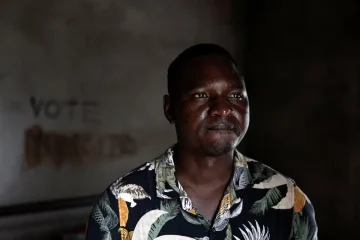STEPHANIE VAN DER BERG
WAR crimes judges will today deliver their verdict in the case of Dominic Ongwen, a Ugandan child soldier turned top commander in the Lord’s Resistance Army, a rebel group known for extreme violence and forcing women into sexual slavery.
Ongwen, 45, faces 70 counts of war crimes and crimes against humanity and could be imprisoned for life if convicted. Judges will not address sentencing on Thursday.
The ruling at the International Criminal Court will be the first dealing with crimes by the LRA, New York-based Human Rights Watch said.
It highlights the difficulty of trying somebody who, as a conscripted child soldier, is both an alleged perpetrator and a victim. His lawyers have asked for acquittal.
Led by fugitive warlord Joseph Kony, the LRA terrorized Ugandans for nearly two decades as it battled the government of President Yoweri Museveni from bases in the north of the country and in what is now South Sudan, the Democratic Republic of Congo and the Central African Republic.
The case at the ICC focused on 2002-2005, when prosecutors said members of the LRA carried out crimes including murder, rape, sexual slavery, forced marriage, torture, pillaging and the conscription of children under the age of 15 for fighting.
After being abducted by the LRA as a boy, Ongwen worked his way up to a commander, overseeing the Sinia Brigade, one of the group’s four main operational units with up to 800 fighters.
Detained in 2015, he remains in the court’s custody. His 3.5-year-trial ended in March 2020.
Ongwen’s lawyer says the brutal life in the LRA affected his mental health and his capacity to make independent decisions.
“When Ongwen was abducted he had no option, he was made a slave. That slavery continued until he left the bush,” lawyer Krispus Odongo told judges in closing arguments.
But prosecutors countered that Ongwen was an adult at the time of the alleged offences and cannot be excused of responsibility.
Ongwen’s case is extremely complex because under the law “you have either a victim or a perpetrator and anything in between is very difficult to squeeze in,” said Barbora Hola, senior researcher at the Netherlands Institute for the Study of Crime and Law Enforcement.
In 2004, the Ugandan government referred the conflict with the LRA to the ICC, the world’s first permanent tribunal for war crimes, crimes against humanity and genocide.

